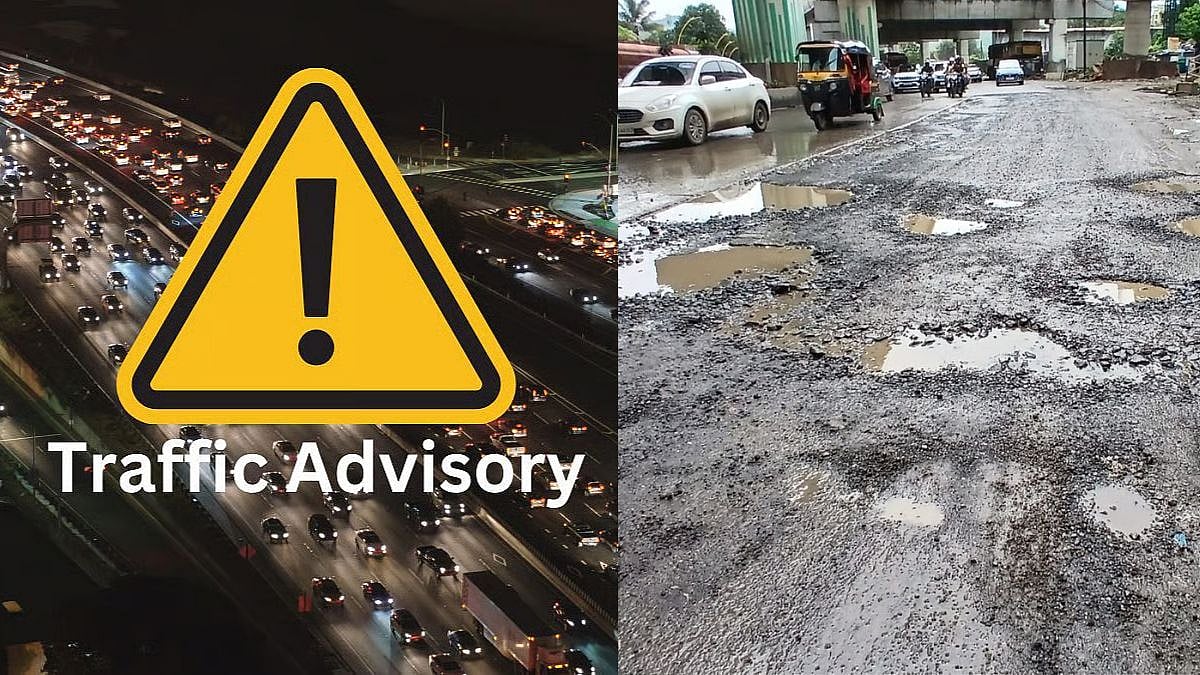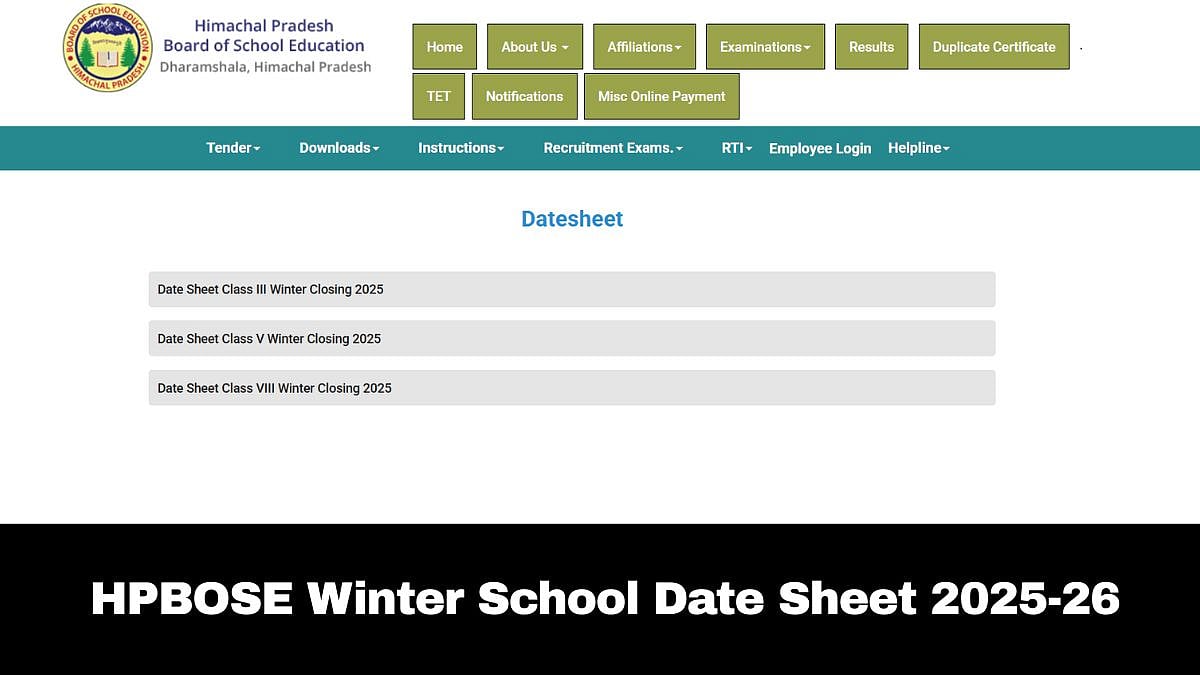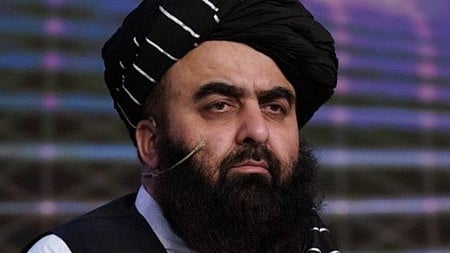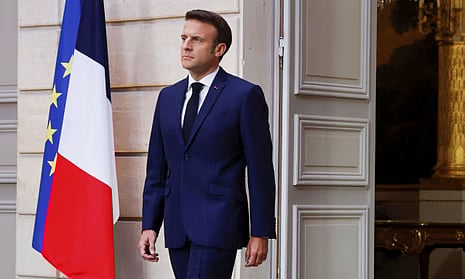The helicopter that crashed on Sunday, 19th May claimed the lives of nearly half a dozen people is sure to upset the political scene in Iran in particular and that of West Asia in general. The helicopter flew through a fog-shrouded mountain area of Jolfa region of East Azerbaijan province. Iran’s President Sayyed Ebrahim Raisi [63] and Foreign minister Mr Hossein Amir-Abdollahian were two important passengers. They were returning from meeting with Azerbaijan President Mr. Ilham Aliyev on their common border to inaugurate a dam project.
Raisi’s untimely death has created a void in Iran’s political establishment. He was slated for big things in Iran. It was widely believed that he will step in when the supreme leader Ali Khamenei [88] is no more. Raisi was blue-eyed boy of Khamenei and was groomed for the top post. Now his death created vacancies for two posts. One is the President of Iran which will be filled by election within next 50 days as per the provisions of Iranian constitution. Second the spiritual leader of the Islamic Republic of Iran.
Raisi and the Supreme Leader Ali Khamenei, both hailed from the north-eastern city of Mashhad, a holy city build around the burial place of Imam Reza, the eighth Imam in Twelver Shia Islam. Khamenei started grooming Raisi almost a decade back when in 2016 he appointed him as the custodian of Asian Quds Razavi, which manages the Imam Reza shrine and the richest religious endowment in Iran. Then he ensured that Raisi contested the 2017 presidential elections in which Raisi had to bite the dust as the reformist candidate Mr. Hassan Rouhani defeated him. Undeterred, Khamenei saw to it that Raisi got appointed as the judiciary chief in 2019. Same year Raisi was on the board of the powerful 88-member Assembly of Experts, a highly powerful clerical body responsible for electing the Supreme Leader.
It is not only interesting but educative too, to understand words like ‘conservative’ in Iranian context. Post-1979 Islamic Revolution, everybody is more or less ‘conservative’ with different shades. However, within this, one can spot two poles. On the one side are the conservatives who want to strictly adhere to the tenets of Twelver Shi’ism, Iran’s state religion, and want to implement its religious code across society. They frame the Revolution as the radical assertion against the Western imperialism, and enjoy massive support, especially among the poor sections of the population. On the other side are the so-called ‘reformists’ who, while remaining loyal to the Revolution, want more flexibility both in domestic and international matters. For example, as a modern idea, they want to give women more rights. They also want free elections and above all, better relations with the West. This tussle between the conservative and reformists is the central issue in post-Revolution Iran’s politics.
In this tussle, Raisi has been openly on the side of the conservative that made him the darling of the Religious establishment which threw its weight behind him and ensured his victory in 2021 presidential elections. The religious establishment led by Ali Khamenei wanted Raisi to win by hook or by crook. Things were so arranged that Raisi practically had no opposition and sailed through smoothly. The system, the Guardian Council, disqualified many potential candidates on some ground or the other. All this was to ensure that finally Raisi gets the top post of the Supreme Leader which requires that the candidate must be a cleric with religious scholarship at the rank of Ayatollah and must possess political experience in the executive branch of the government. Raisi possessed both in ample measure.
This is not to suggest that as the President of the Islamic Republic of Iran, Raisi was quite successful. In fact his presidency was marked by several hot spots where many ministers from his cabinet left him one after the other. Right from 2022 welfare minister Hojjatollah Abdolmaleki resigned as he could not keep up the pensions amidst sky-rocketing prices. Similarly Education Minister Yousuf Nouri could not tackle a crisis of wages. As if this discontent was not enough, Ali Khamenei expressed disappointment with the government of Raisi on 20th March 2024 in his annual Nowruz speech.
These failures notwithstanding, one cannot deny the ground reality that Raisi’s untimely death has rattled the establishment in Iran as their succession plans has gone awry. The pointed question is: Who will now succeed Ali Khamenei as the Supreme Leader? Also let us not forget that the office of the Supreme Leader is held for life. It means the next Supreme Leader has to be chosen with utmost caution. The issue gets more aggravated as by 2021 many veterans of the Islamic Revolution, 1979 were dead. Out of the two posts which became vacant due to death of Raisi, one that is president of Islamic Republic has been temporarily filled and next elections will be held within next 50 days. The real issue is the appointment to the post of the Supreme Leader.
The Iranian system is so fixed as far as the foreign policy is concerned that the death of Raisi will hardly bring any surprises. Iran will continue to compete with Saudis for the leadership of Islamic world. It will continue its anti-US postures. It must be noted here that of late Iran has maneuvered its way into the growing Sino-Russian friendship. Iran will continue to help, arm non-state actors like Hamas, etc. This means no drastic changes in the foreign policy of Iran in post-Raisi era.
(The author, Prof. Avinash Kolhe is a Mumbai-based retired professor of Political Science)










